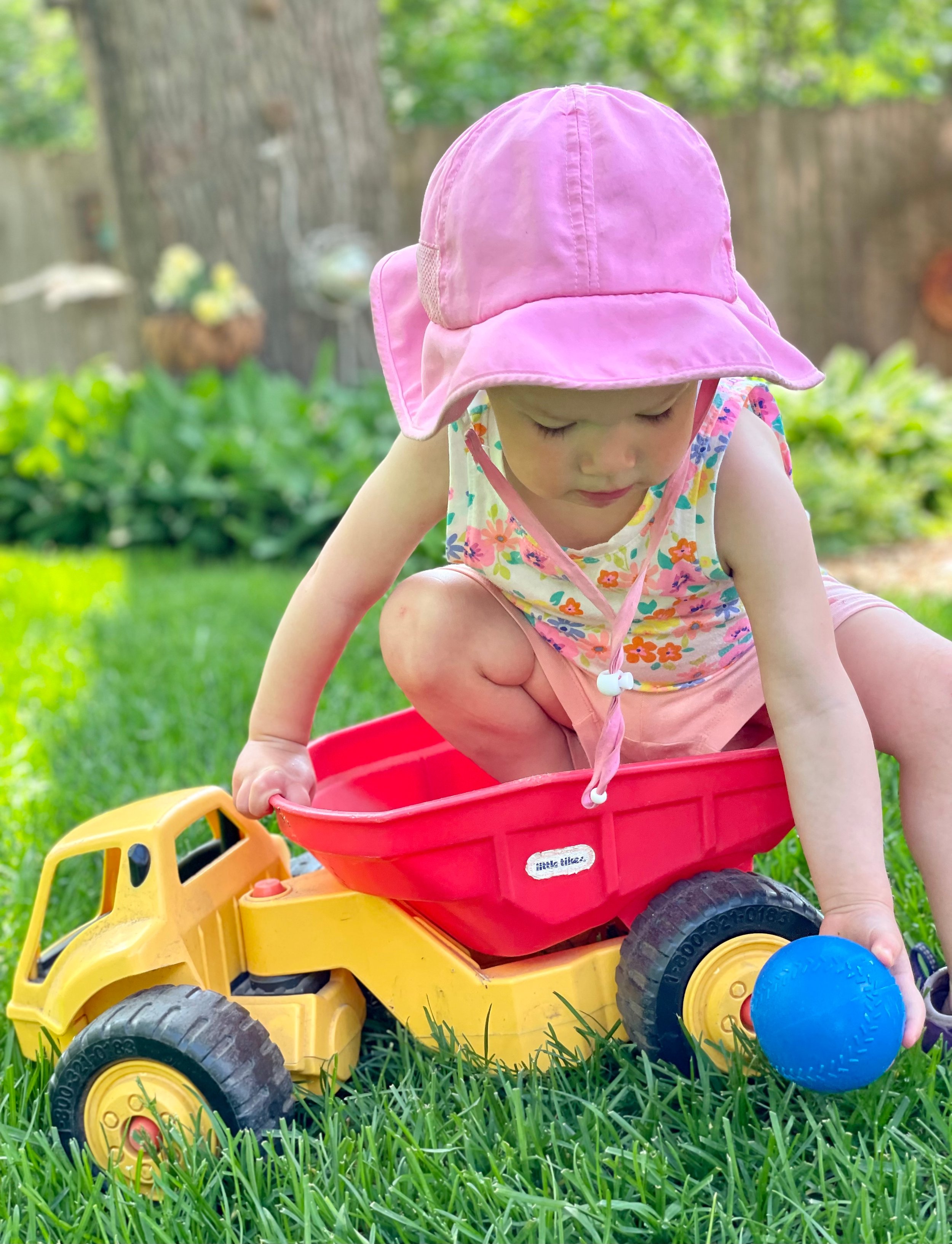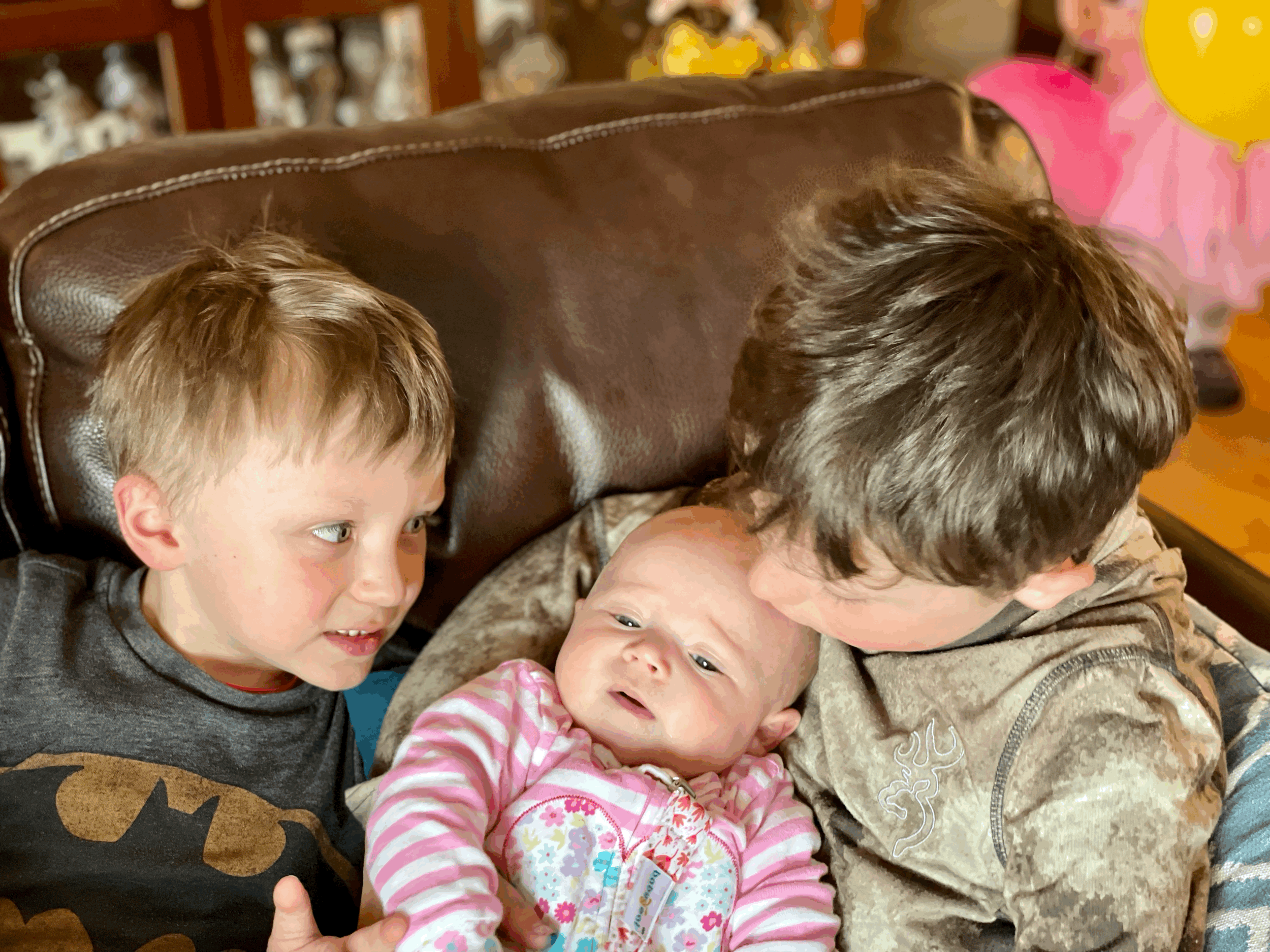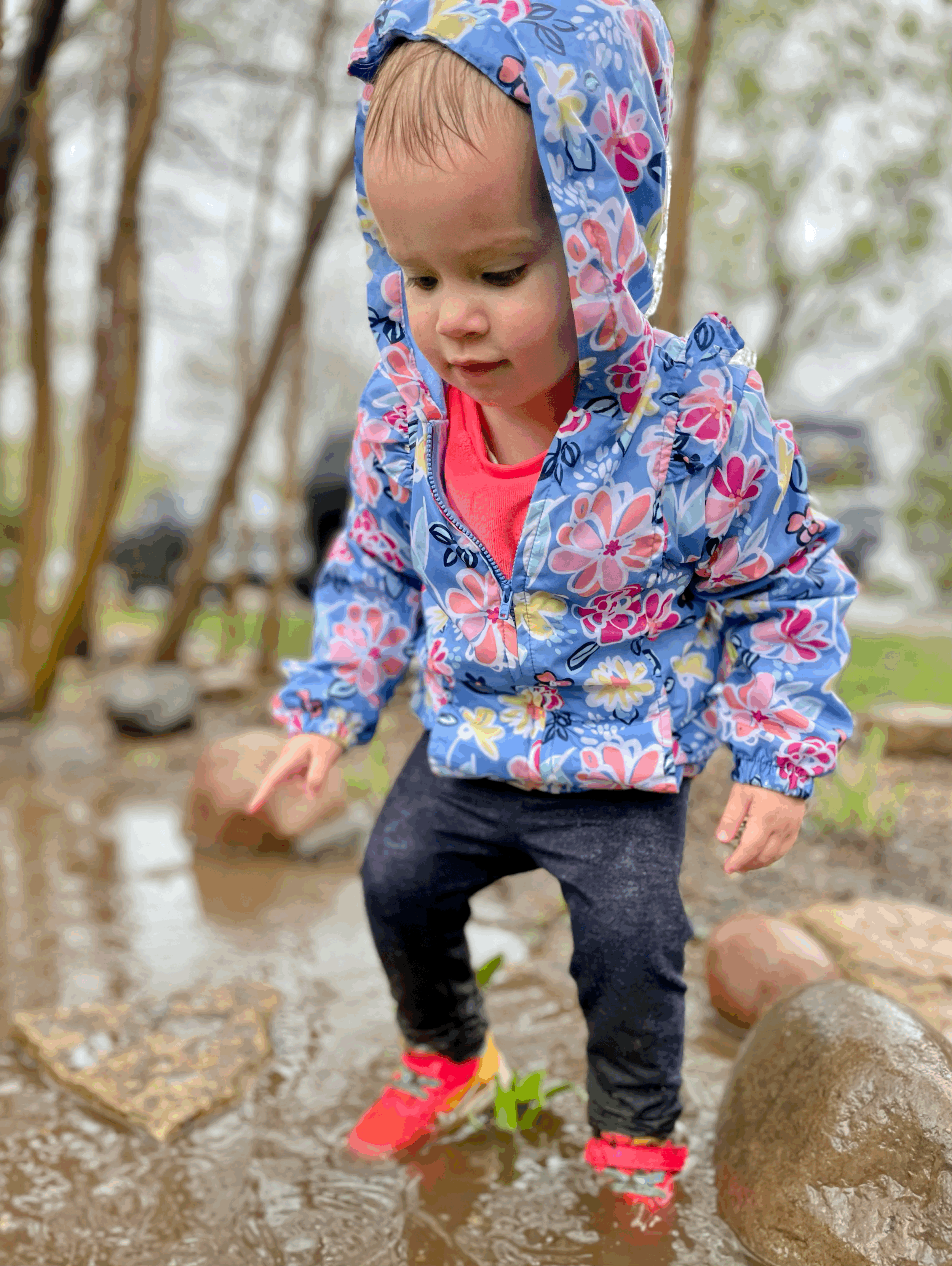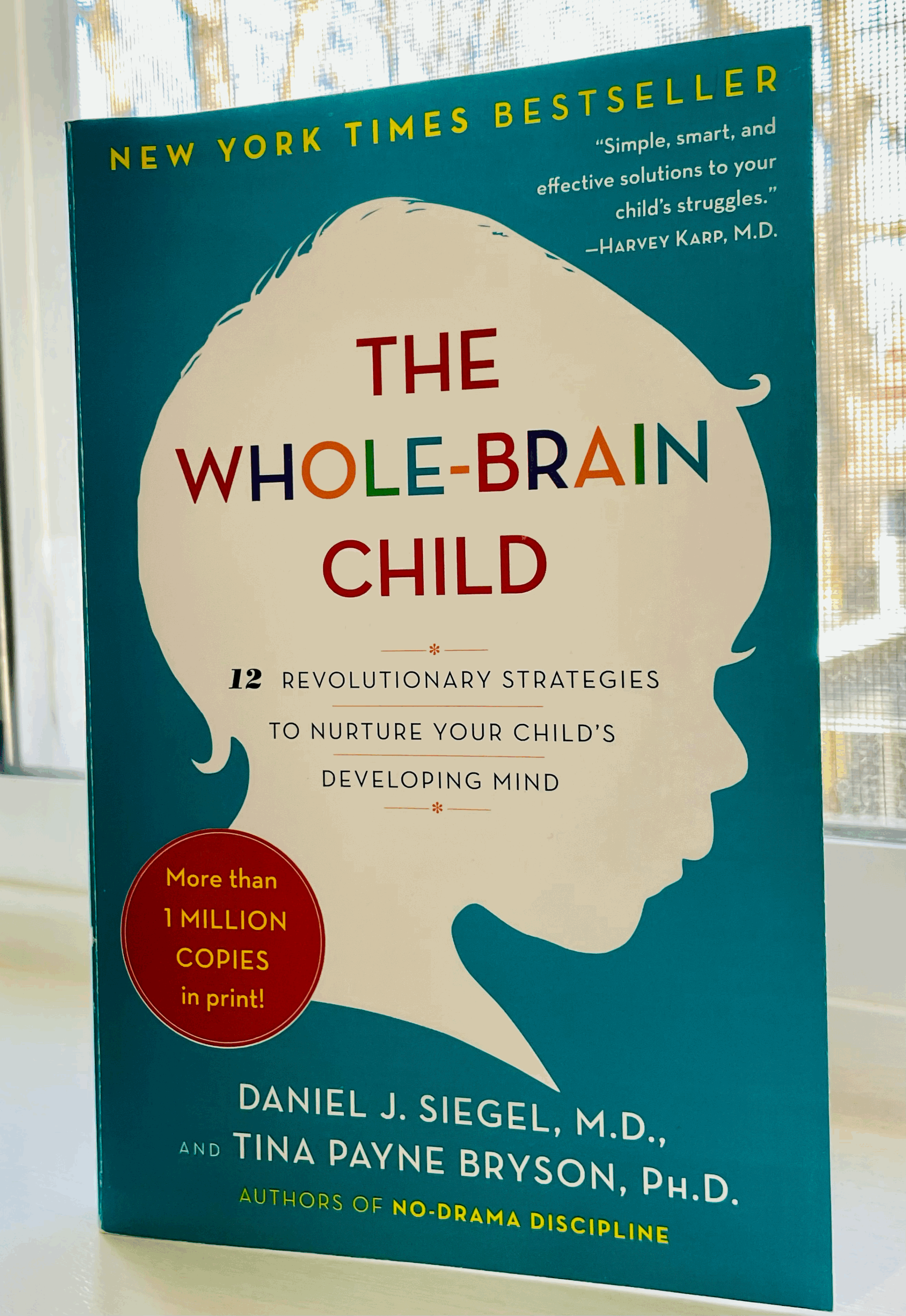Blog

The Promise of Science for Brain Health
I remember while taking AP Psychology in High School, Mr. Stumpf shared that if you lost or damaged brain cells, there was no hope for recovery or regeneration so it was very important to prevent damage or injury. Science has now disproved that teaching. Through childhood the brain develops and continues to change throughout a lifetime. There appears to be hope and the possibility of brain healing in most situations due to three processes: neuroplasticity, neurogenesis, and epigenetics.

What’s My Number One Piece of Parenting Advice?
If you are a parent, or you guide developing children, congratulations! You have one of the most important jobs on the planet. And also one of the most challenging! Yeah! Your primary job as a parent is not to protect your children, but to prepare them to navigate life and be a contributing member of society. Parenting can be rough. If you could use some parenting support or coaching, Coriander Living Collective has your back! Just reach out for a free consultation or schedule an intake online!

Developing Empathy in Children
Empathy is a function of the upstairs brain, and a skill that needs to be developed. According to Siegel and Payne Bryson, a wonderful way to cultivate empathy is to “ask simple questions that encourage the consideration of another’s feelings…” Simply draw the child’s attention to the feelings of others.

Fostering Self-Understanding in Children
Self-understanding uses higher level parts of the brain to interpret emotions and sensations that come from the lower parts of the brain. According to Siegel and Payne Bryson one of the best ways to foster self-understanding in children is to “ask questions that help them look beyond the surface of what they understand…”

Bibliotherapy: The Whole-Brain Child
I had the privilege of seeing Dr. Dan Siegel speak in California years back, he is one of the leaders in the field of psychiatry. The Whole-Brain Child: 12 Revolutionary Strategies to Nurture Your Child’s Developing Mind by Daniel J. Siegel, MD and Tina Payne Bryson, PhD has been on my bookshelf unread for years. The whole time, I was reading it, I kept thinking, I should have read this earlier! Everyone that interacts with kids must read this book!